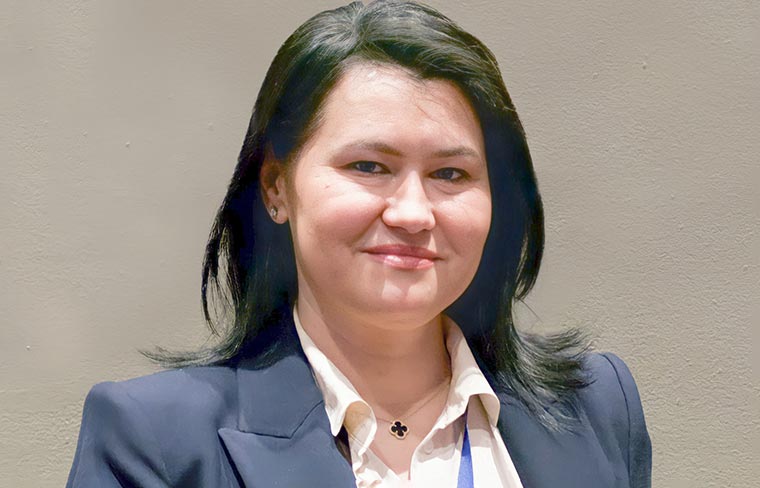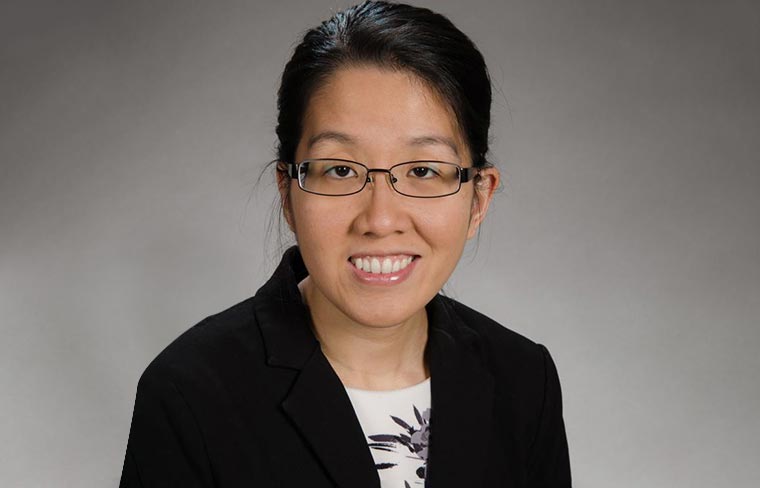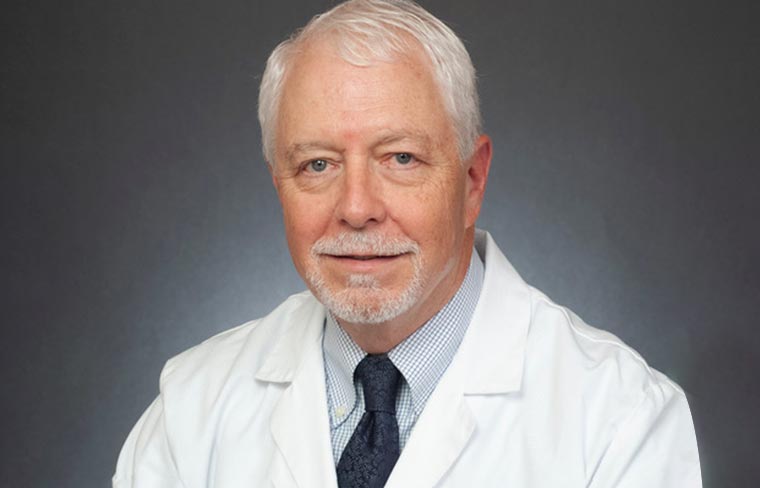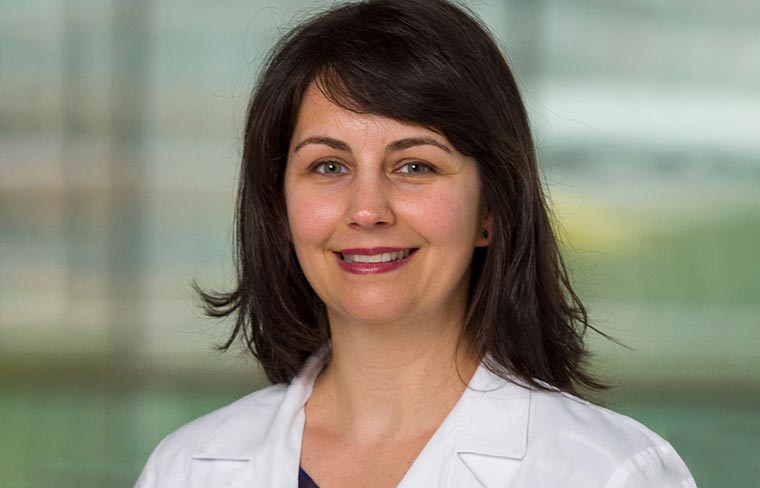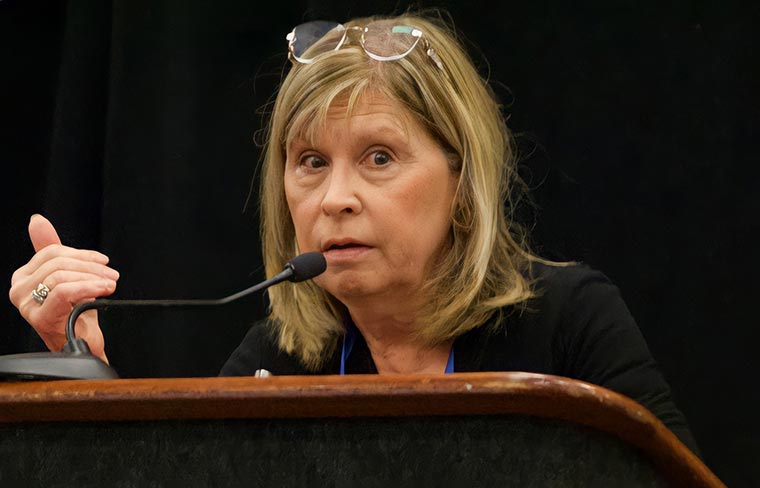
2022
-
Physician business owners discuss direct care models and their future in rheumatology
Direct care, concierge medicine, wellness, and coaching models are changing the ways rheumatologists practice and patients experience care. Diana Girnita, MD, PhD, discussed the potential of direct care and addressed some of the common fears providers have related to this approach to serving patients.
-
Social media can facilitate connections and collaboration to advance rheumatology
At events like ACR Convergence, social media helps enhance engagement among attendees. It also can be used to amplify one’s own work and as a research tool. Jean Liew, MD, MS, shared her expertise with social media and how the COVID-19 Global Rheumatology Alliance used…
-
Panel outlines ACR Workforce Solutions Committee initiatives
The Association of American Medical Colleges estimates a shortage of as many as 139,000 physicians by 2033. ACR Workforce Solutions Committee Chair Daniel Battafarano, DO, outlined the types of projects committee members will undertake to improve the practice of rheumatology for providers and patients and…
-
Proposed classification criteria for pediatric CNO and CRMO explained
Recently developed classification criteria for pediatric chronic nonbacterial osteomyelitis (CNO) and chronic recurrent multifocal osteomyelitis (CRMO) await ACR and EULAR endorsement. Yongdong “Dan” Zhao, MD, PhD, RhMSUS, explained how point values are assigned for each of the 10 criteria.
-
Experts share best practices and recent insights to improve care for Sjögren’s syndrome
Experts including Alen Zabotti, MD, reviewed a variety of methods to identify, prevent, and manage Sjögren’s syndrome. Dr. Zabotti discussed the assessment of glandular involvement in primary Sjögren’s syndrome through biopsy and imaging.
-
ACR advocacy outlines legislative priorities, how members can get involved
The ACR Government Affairs Committee (GAC) and the political action committee, RheumPAC, promote legislation that allows clinicians to stay focused on patient care. GAC Chair Blair Solow, MD, MSc, explained the committee’s current priorities.
-
Trans-omic technologies bring new insights into immune-mediated disease pathology
In a joint session of the ACR and the Japan College of Rheumatology, experts including Keishi Fujio, MD, PhD, discussed recent advances in omic technology that pave the way for novel approaches to the translation of basic science discoveries into clinical rheumatology.
-
Experts look at bacterial infections and their relationship to autoimmune diseases
Panelist Madeleine Cunningham, PhD, highlighted the connection between streptococcal infection, autoimmunity, and molecular mimicry. She reviewed how antigenic determinants are shared between the host and invading organism.
-
Stats Bootcamp III explores applications of multi-dimensional omics data
Onyinye Iweala, MD, PhD, outlined bulk transcriptomics profiling and methods focused on characterizing individual cells. She explained that handling vast quantities of multidimensional data requires specialized statistical and data visualization.
-
Rheumatology is a leader in telehealth
Of all outpatient rheumatology visits, 17 percent are conducted via telemedicine. Only three specialties report higher engagement in telemedicine: psychiatry, substance-abuse disorder treatment, and endocrinology. Jack Cush, MD, and other panelists discussed the dynamics of telehealth for rheumatology providers and patients.
